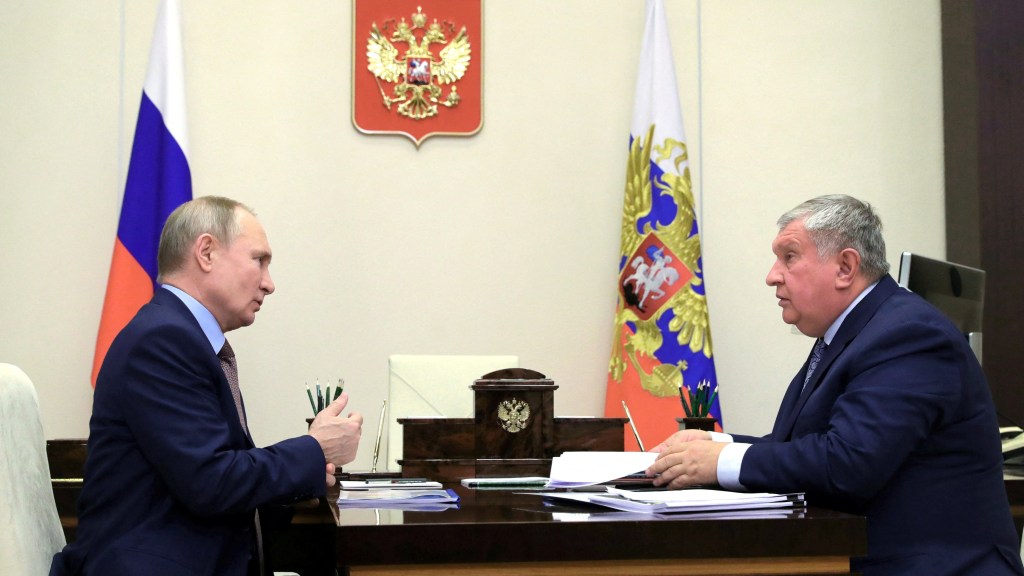Court Denies Glencore’s Appeal Over Rosneft Stake Seizure
An attempt by commodities trader Glencore to retain its stake in Rosneft was blocked after a Moscow court dismissed its appeal against the order to seize its holding in Russia’s largest oil producer.
Glencore, part of the FTSE 100 index, appealed against a ruling that allowed Russia’s largest bank, Sberbank, to take over its 0.57 percent stake in Rosneft as payment for a debt of €114.8 million.
Sberbank received court approval to seize Glencore’s assets as compensation for oil supplies delivered through Sber Trading Swiss, its Swiss commodities subsidiary.
Glencore argued that the Russian court was not the appropriate forum for the case and called the asset seizure order “illegal” and “unfounded,” according to documents from the Moscow arbitration court.
In response to Russia’s invasion of Ukraine in 2022, Glencore announced a review of its Rosneft stake and later wrote down the value of its interest, citing “no realistic way to exit” its holdings “in the current environment”.
Similarly, BP holds a 19.75 percent stake in Rosneft and has struggled to secure Russian authorities’ approval for a divestment on acceptable terms.
Under pressure to divest its holding following the invasion, BP’s then-chief executive Bernard Looney led the company to write down the stake’s value, treating it as a financial asset with no expected income.
Glencore is now contending the asset seizure by arguing that it “did not commit any actions that would give grounds to hold it liable and deprive it of property”. The company also claimed the “presence of an indirect corporate connection” with Sberbank does not justify seizing a stake worth three times the debt owed.
Although Glencore’s appeal was dismissed, the company’s Dubai subsidiary has requested a further hearing to delay the share seizure, as reported by Energy Intelligence.
The court found “no grounds for cancelling or changing the appealed judicial act” and asserted that it was the proper venue due to sanctions introduced “due to political motives”, which created doubts about the fairness of a foreign court trial.
The judgment, seen by The Times, stated: “A Russian legal entity has the right to apply to an arbitration court in the Russian Federation for a ban on initiating or continuing proceedings in the relevant foreign court if the foreign state where the proceedings are conducted applies restrictive measures.
“There is no reason to believe that the present dispute, involving a Russian company under reorganization, will be objectively and fairly considered in a foreign court.”
Glencore declined to comment.




Post Comment